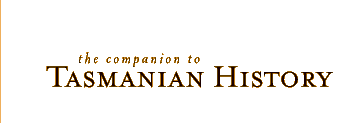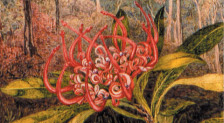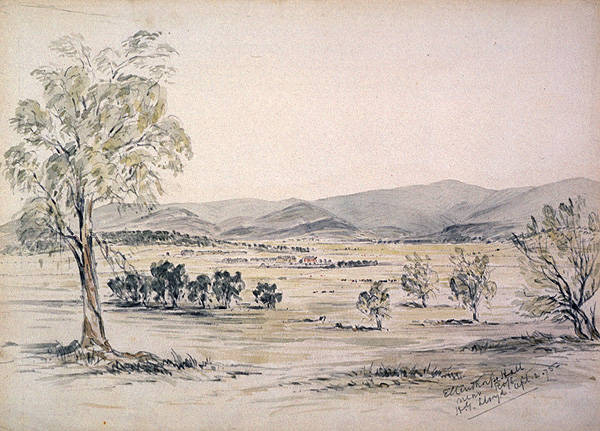 |
 |
|
The Midlands
The first recorded journey between the southern and northern settlements was made by Lt Thomas Laycock in 1807, with a party of four men, who walked overland from Port Dalrymple to Hobart Town in nine days. In 1812, surveyor James Meehan was detailed to peg the north-south road and establish four military posts. Settlers who took up land grants according to their stated assets, tradesmen, convict labourers and soldiers all helped to develop the Midlands as the interior road system grew. Governor Macquarie, in a despatch to Lt-Governor Sorell in 1821, wrote that 'liberal encouragement should also be given to Persons able and willing to keep Inns at these townships' (Pontville, Oatlands, Campbell Town and Perth). These towns are still historic icons in a rich agricultural area known for its fine wool, beef cattle, prime lambs, cereal and opium poppy crops. The Midlands has seen many innovations and achievements – a mail cart plied between Hobart and Launceston from 1832, the same year as the completion of the Ross bridge, famous for its caricature stone sculpture; the Callington Mill at Oatlands was grinding flour in 1837; the Midland Agricultural Association was formed in 1838 and is still active; the overland telegraph line was erected in 1857; and the main line railway was completed in 1876. This sounded the death knell of the coaches, which had plied the Midlands since 1834. The climate can be quite harsh, with long dry summers and frosty winters, and an average rainfall of 500 to 600 mm. The area was heavily wooded at the time of settlement, but much forest has now been cleared and the land cultivated for agricultural purposes. It portrays a gentle landscape with open plains and soft rolling hills, with the Western and Eastern Tiers as a picturesque backdrop. Further reading: G Stancombe, Highway in Van Diemen's Land, Launceston, 1969; V Taylor & P Taylor, Midland Agricultural Association, 1838–1988, Campbell Town, 1988. Jill Salmon |
Copyright 2006, Centre for Tasmanian Historical Studies |
